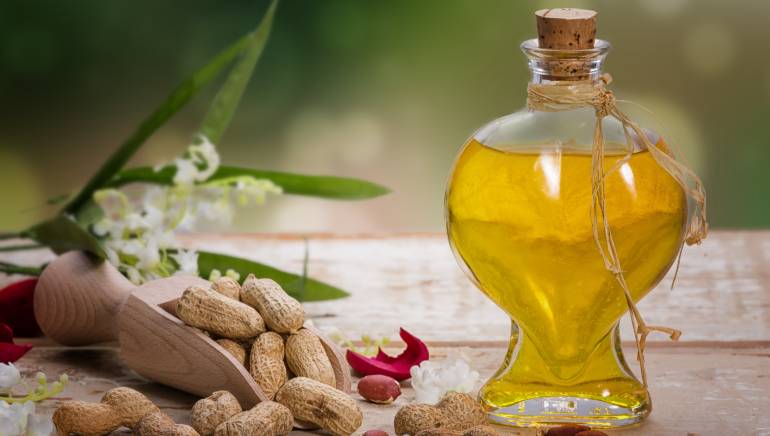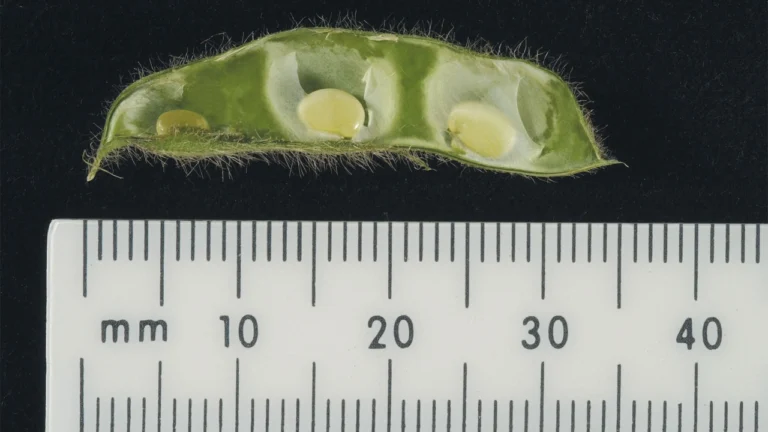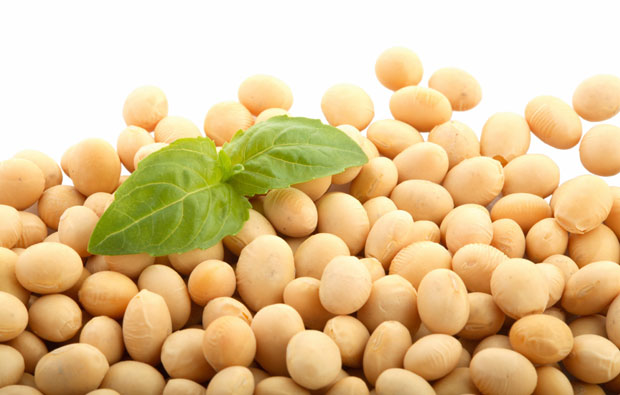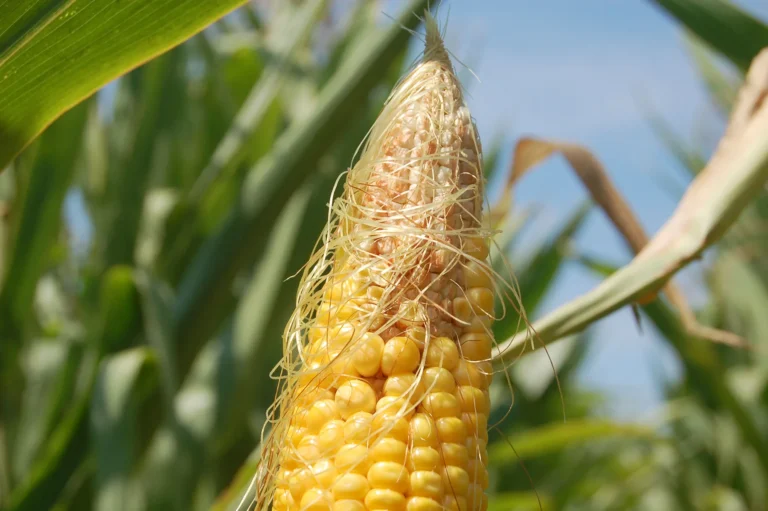Our products: Peanut Oil!🥜
Image Source: HEALTHSHOTS
The plant is small, has blunt leaves and yellowish flowers, and is considered a herbaceous legume. The seeds are generated inside “pods”. The pod is the capsule, or shell, that we break to consume and use the seed inside (which is the peanut). The seed is composed of about 25% proteins and 50% lipids. Some fatty acids (oleic, linoleic and palmitic), metals (zinc, magnesium and calcium), vitamin E and omega 6 are present in peanuts.
Peanut oil is an excellent cooking ingredient for frying as it does not transfer peanut flavor or aroma to food. Its use is especially recommended due to its richness in vitamin E, omega 6 and fatty acids, which play an important role in reducing LDL levels, known as bad cholesterol. By incorporating peanut oil into your diet, you can help lower LDL cholesterol while maintaining healthy HDL cholesterol levels.
In addition, peanut oil contains vitamin E, a nutrient that fights excess free radicals, preventing premature aging, and is also a source of vitamin B, which helps promote emotional well-being and ward off bad moods. Therefore, its consumption is not only beneficial for cardiovascular health, but also contributes to a youthful appearance and a balanced mind.





